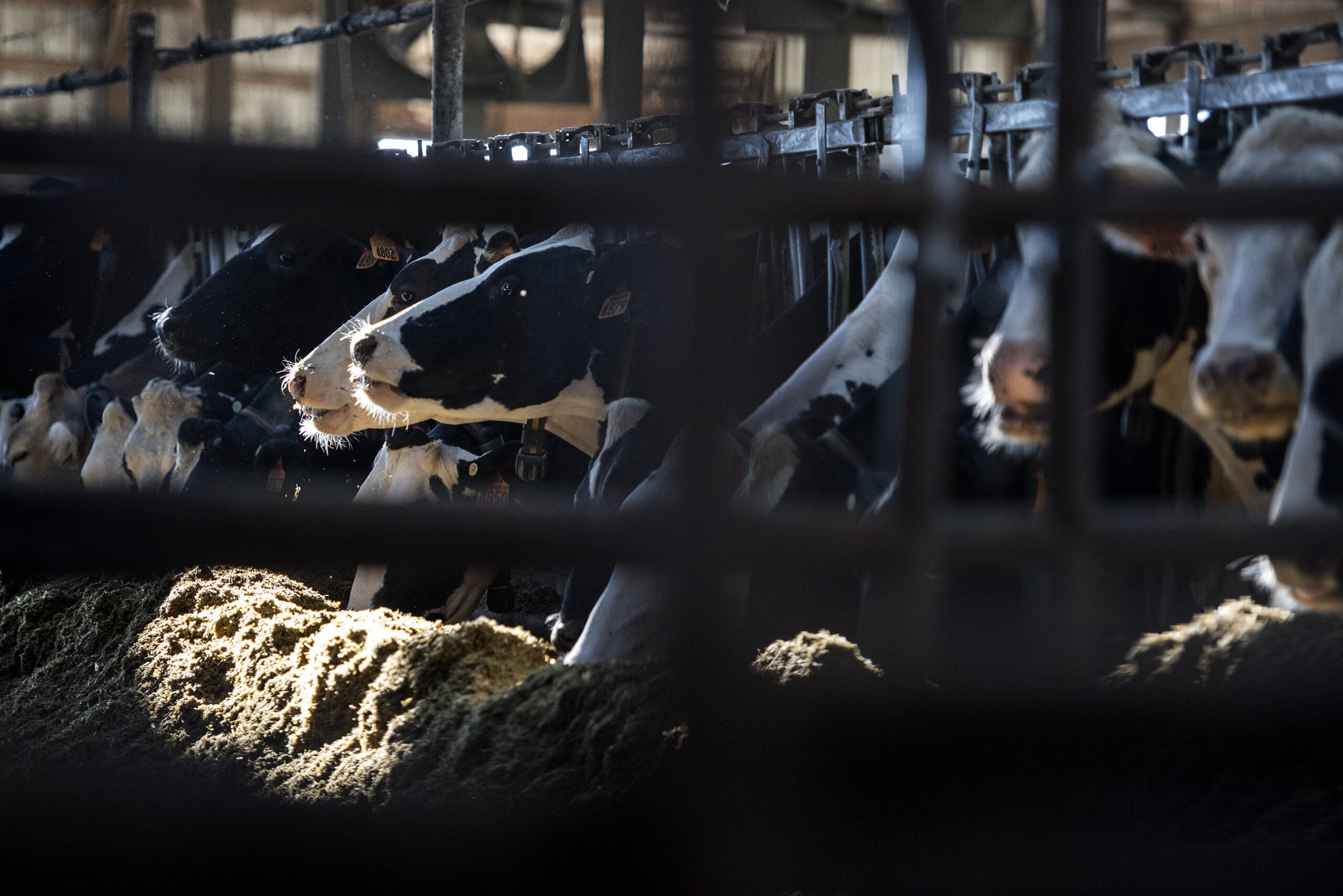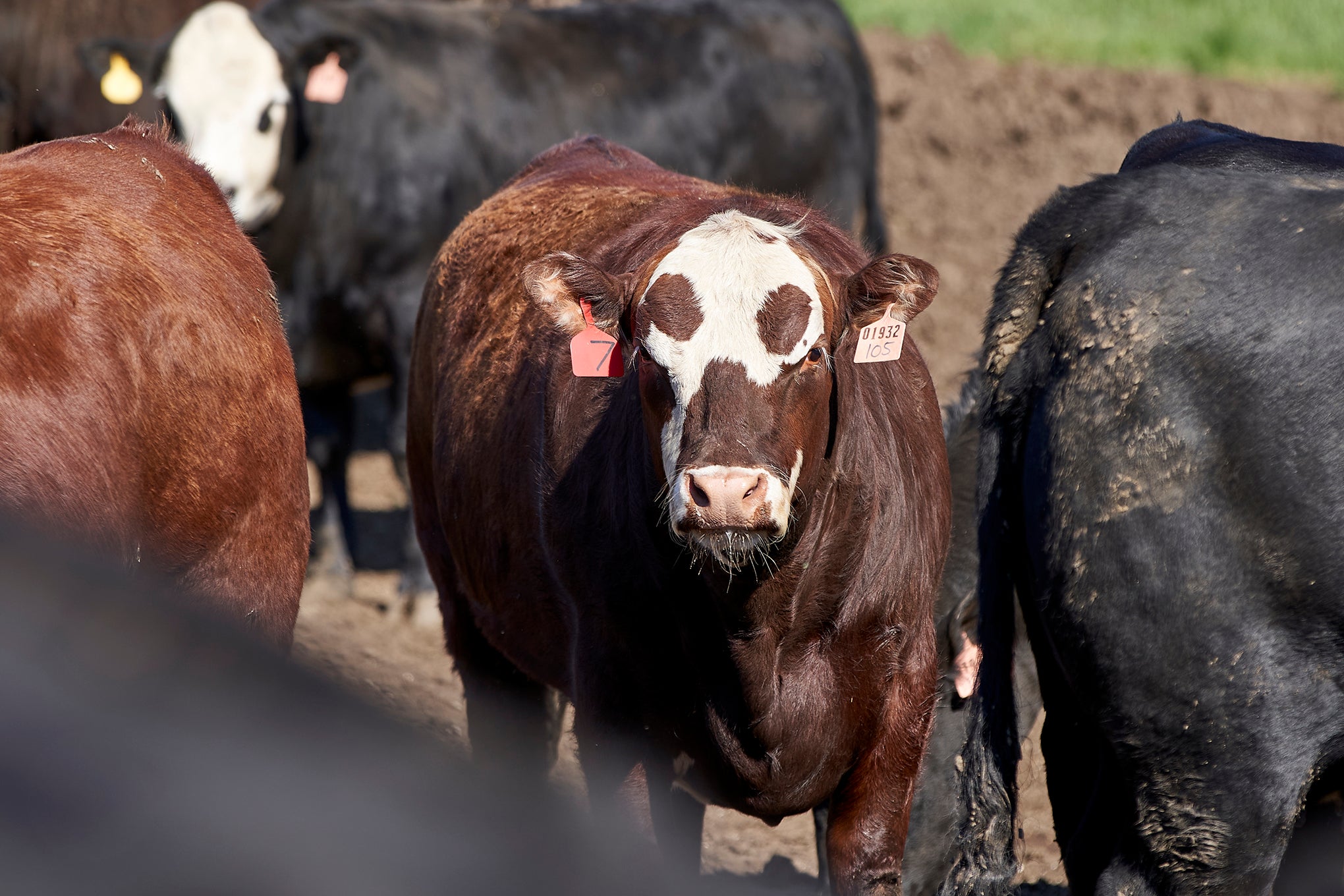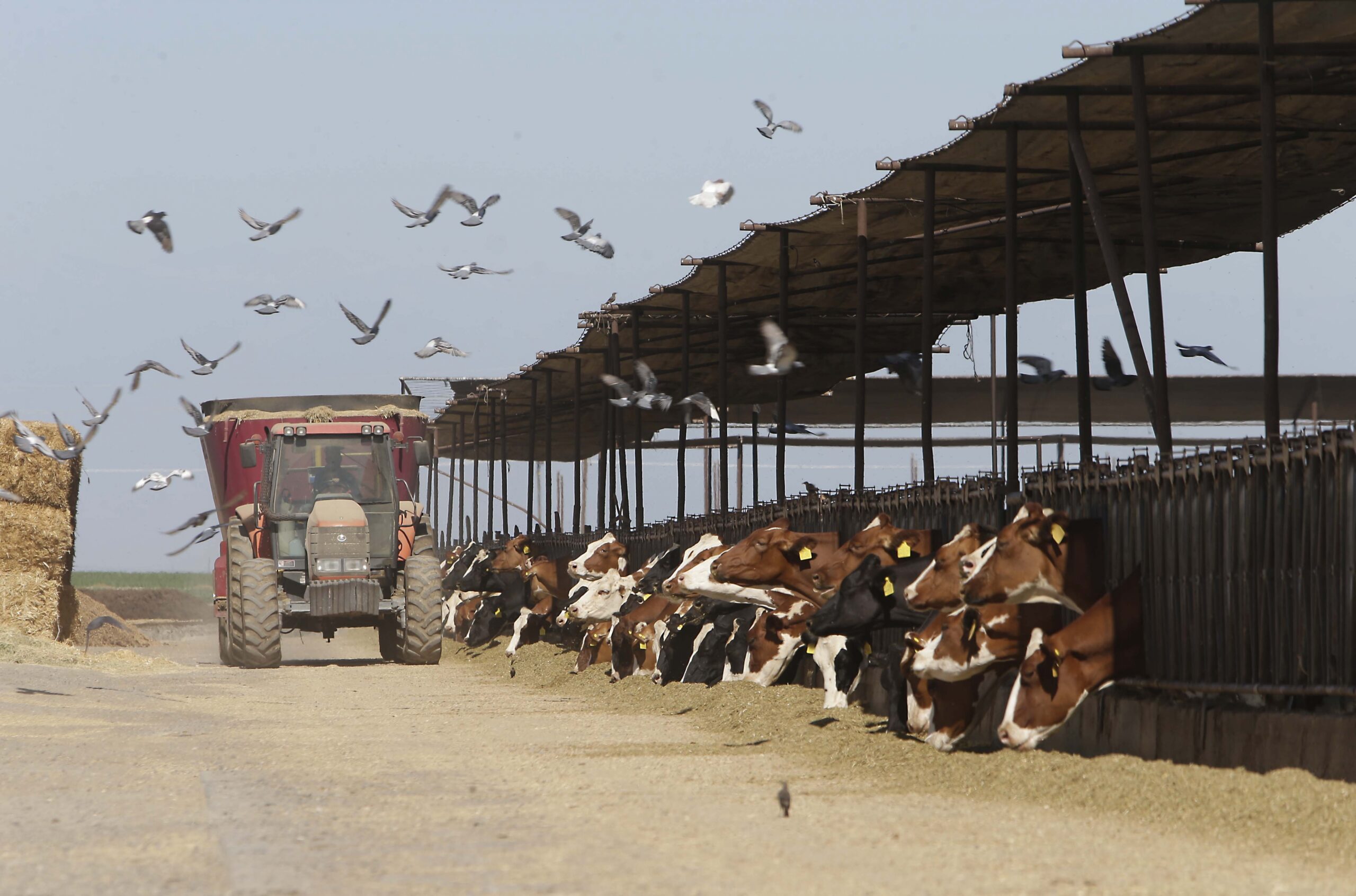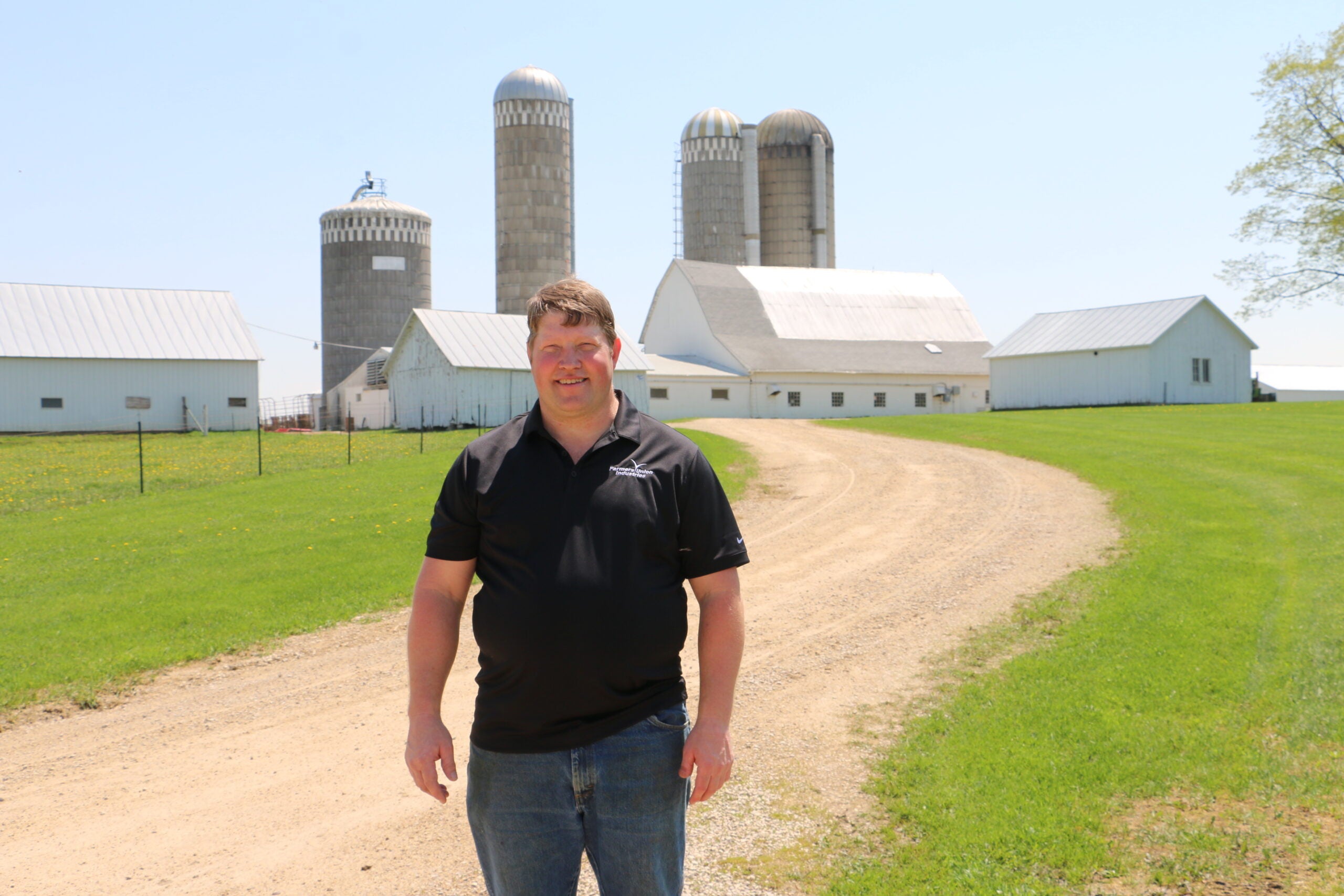Several Wisconsin dairy groups are applauding the Biden administration’s decision to move forward with a challenge to Canada’s dairy trade policies.
U.S. Trade Representative Katherine Tai announced Tuesday the administration had requested a dispute settlement panel under the United States-Mexico-Canada Agreement (USMCA) to review “measures adopted by the Government of Canada that undermine the ability of American dairy exporters to sell a wide range of products to Canadian consumers.”
The move formally continues a challenge started by the Trump administration over Canada’s dairy tariff-rate quotas, which allow a certain amount of product to be imported at a lower tax rate under Canada’s federal dairy supply management system. The quota system was seen as a way for producers in the United States to increase exports to the country under USMCA, but Canada notified importers last year that a percentage of the quota was reserved for Canadian processors.
News with a little more humanity
WPR’s “Wisconsin Today” newsletter keeps you connected to the state you love without feeling overwhelmed. No paywall. No agenda. No corporate filter.
Julie Sweney, communications director for Madison-based FarmFirst Dairy Cooperative, said Canada is an important export market for Wisconsin and other dairy-producing states in the U.S.
“This is a really great opportunity to make sure that we have that ability to send that product to Canada,” Sweney said. “It’s also important to note that this sends a message to other people across the globe that are watching this, that the U.S. isn’t just going to sit idly by and let these types of things fall through the cracks.”
Sweney said challenging Canada’s policy protects the market access that was won in renegotiating the trade agreement between the three North American countries. Not being able to sell the promised amount of product ultimately hurts dairy farmers.
“I can’t say that it would increase the milk price by a dollar, but there certainly would be a benefit,” Sweney said. “Knowing how well our producers continue to produce milk here in the U.S., it is important that we continue to seek additional places for this milk to go.”
Edge Dairy Cooperative, based in Green Bay, also applauded the announcement Tuesday.
“International trade is key to economic growth and stability for our dairy farmers and processors. That’s why additional market access into Canada is an important part of USMCA,” said Edge president Brody Stapel in a statement. “Edge and our farmers appreciate USTR’s (the U.S. Trade Representative) commitment to holding Canada to the agreement and giving the U.S. dairy community greater export opportunities as intended.”
But some farmer and food advocacy groups, including the Wisconsin Farmers Union, have argued the trade dispute will do little to help dairy farmers struggling because of overproduction.
Darin Von Ruden, Wisconsin Farmers Union president, said he was disappointed to see the Biden administration move forward with the challenge.
“It certainly points to (the administration) not being willing to stand up for your producers, because it’s really the processing industry in this country that’s pushing (the trade dispute),” Von Ruden said. “It’s not the dairy producers and farm organizations. So we’re looking at the processors continuing to have a stronger hold over the dairy farmers.”
Von Ruden said fighting with Canada over the quota system would not significantly increase the milk price paid to American farmers. But it could have a negative impact on Canadian producers, which operate under a national supply management system.
“When we continue to ignore the real issue of overproduction that we have in this country, all we’re doing is hurting our own farmers but hurting farmers in other countries, too,” Von Ruden said.
He said the Biden administration should instead be helping the U.S. dairy industry evaluate production costs and demand for dairy products in order to balance the supply and achieve a more profitable price for farmers.
Editor’s note: This story has been updated to correct the spelling of Katherine Tai’s name.
Wisconsin Public Radio, © Copyright 2026, Board of Regents of the University of Wisconsin System and Wisconsin Educational Communications Board.




